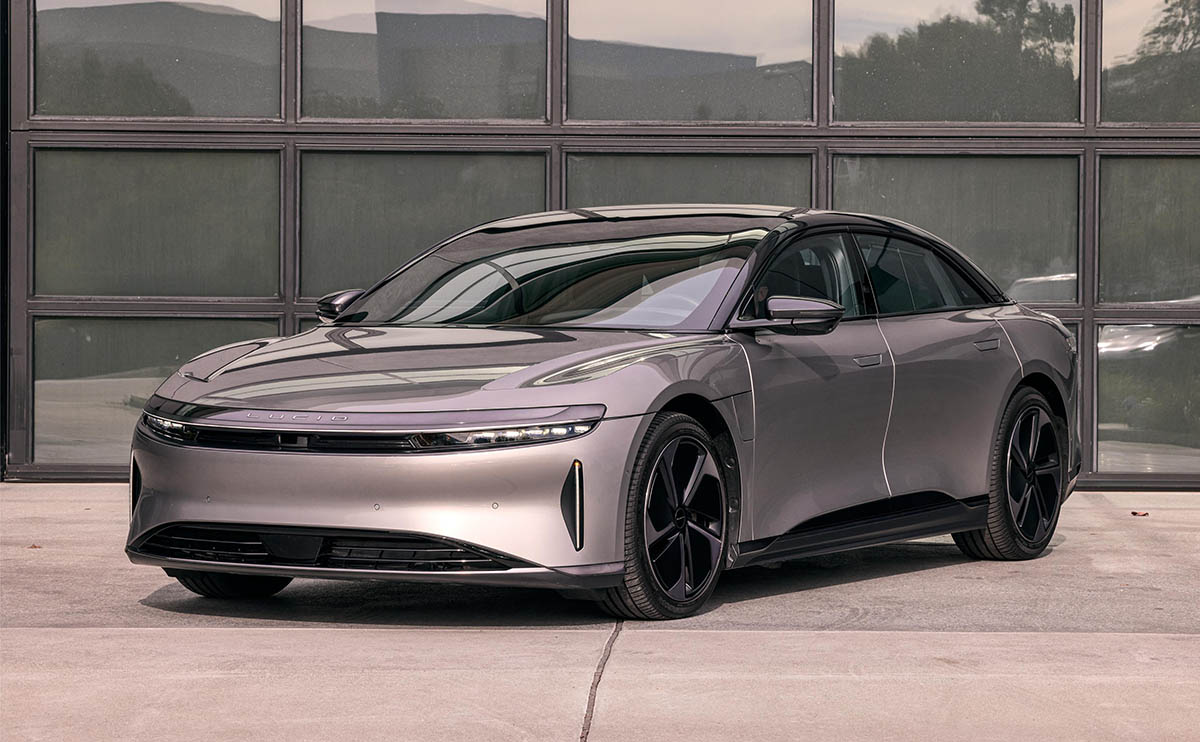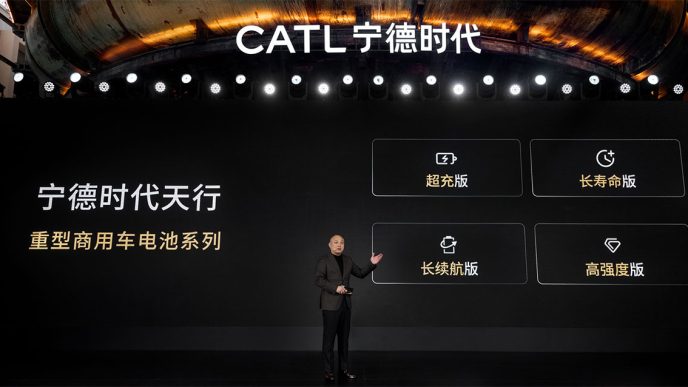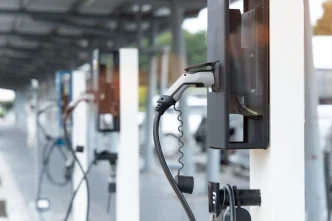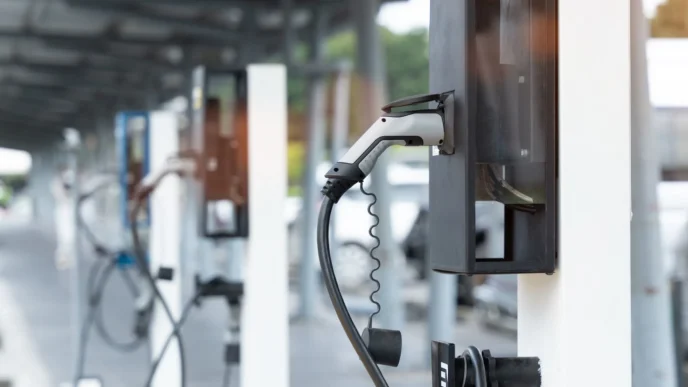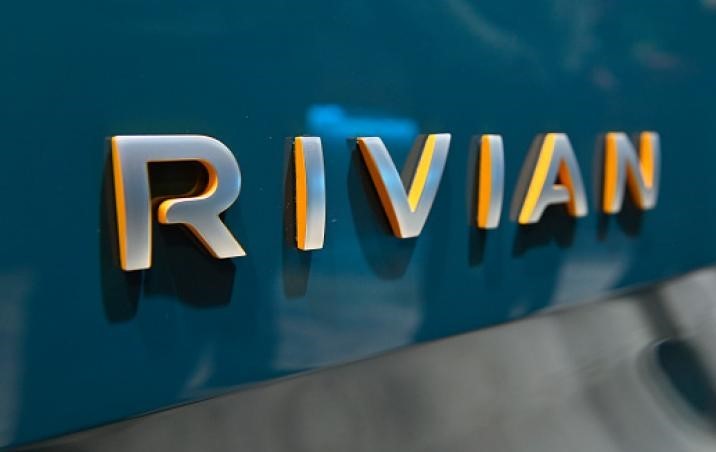The U.S. National Highway Traffic Safety Administration (NHTSA) announced on Monday that it will uphold its April ruling requiring advanced automatic emergency braking (AEB) systems in nearly all new cars and trucks by 2029, rejecting industry calls to reconsider. The rule mandates that vehicles must be capable of stopping to avoid collisions at speeds of up to 62 miles per hour (100 kph).
The Alliance for Automotive Innovation, representing major automakers including General Motors, Toyota Motor, and Volkswagen, had criticized the requirement as technologically unfeasible and requested a review. NHTSA dismissed the request but clarified technical standards and corrected a testing error involving pedestrian scenarios.
“This decision is wrong on the merits, wrong on the science,” said Alliance CEO John Bozzella. He argued that the rule would frustrate drivers, increase vehicle costs, and fail to enhance safety.
NHTSA maintains that the regulation, which stems from a directive in the 2021 infrastructure law, is vital to reducing road fatalities and injuries. According to the agency, the measure will save at least 360 lives annually and prevent over 24,000 injuries.
Although many automakers voluntarily equipped 95% of their vehicles with AEB by the end of 2022, critics argue that formal regulations are necessary to ensure consistent system performance. NHTSA initially proposed a three-year compliance timeline but extended it to five years in the finalized rule.



